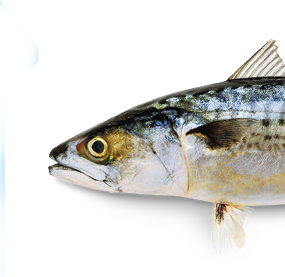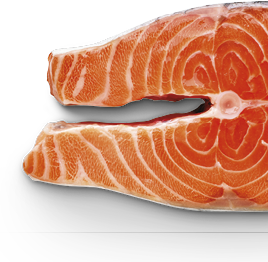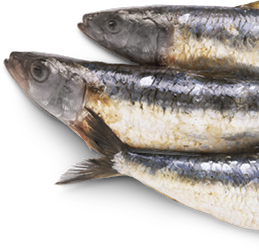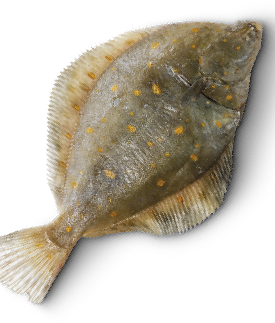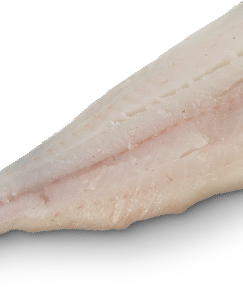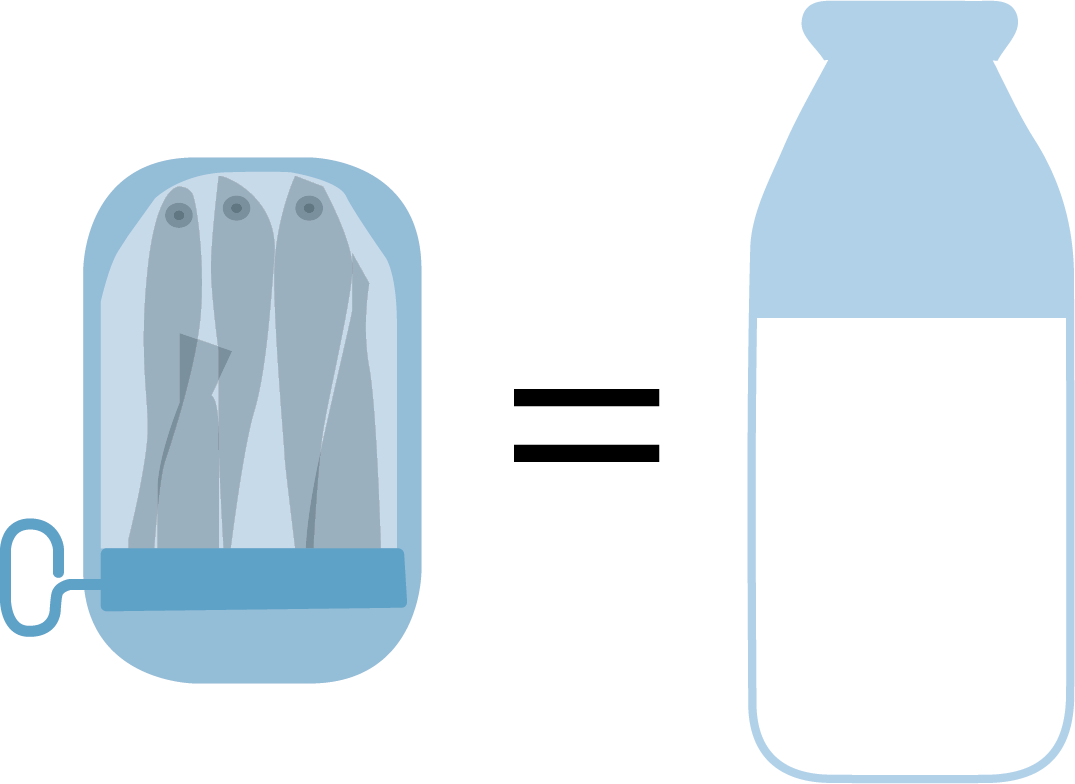-SUPERGROUP-
FISH AND SHELLFISH
All fish and shellfish contain health-promoting omega-3 fats. Good intakes of fish protect against dementia and arthritis; while shellfish are a particularly rich source of antioxidants.
Here are some of the most popular and beneficial types of fish and shellfish.
Mackerel
- is the richest source of omega-3 fats, vital for a healthy heart.
Salmon
- is a good source of omega-3 fats, which aid cognitive function.
Sardines
- are rich in calcium, so help bone density.
Plaice
- is particularly good for skin- and eye- friendly biotin.
Prawns
- are rich in zinc, which benefits the immune system.
Haddock
- is rich in iodine, for thyroid function.

LEVELS OF OMEGA-3 FATS INCREASES
Eat two portions of fish or shellfish a week, one of which should be oily.
Buy sustainable fresh, frozen, or canned fish or shellfish (check salt content of canned). Frozen is as nutritious as fresh.
Store in the fridge, freezer, or cupboard depending on the type bought.
Cook fish or, if preferred, eat raw if sushi grade. Cook shellfish before eating.
Immune efficiency
Shellfish provide good amounts of iron, copper, zinc, and selenium – all essential for a strong immune system. The immune system becomes less efficient as we age, making us more prone to infections, allergies, and even cancer. Except for iron, these nutrients also act as antioxidants, mopping up harmful free radicals.
Protecting against dementia
All fish is brain food. A French study found in those people who weren’t genetically predisposed to Alzheimer’s disease, eating fish once a week reduced their risk of this condition by 35 per cent. While omega-3 fats are often hailed for slowing cognitive decline, fish are also rich in iodine and vitamins B3, B6, and B12, all of which are important for a healthy brain and reducing the risk of dementia.
 40%
40%
reduction in the risk of any form of dementia from eating fish once a week.
Strong bones, teeth, and muscles
Oily fish is naturally rich in vitamin D, a nutrient many of us are deficient in, especially in our more senior years (see also here). It helps the body absorb calcium, so is vital for strong bones and teeth, plus it’s crucial for healthy muscles. Vitamin D supplements can help, but eating oily fish is best.
100g (31/2oz) of drained canned sardines in oil provides the same amount of calcium as 400ml (14fl oz) of skimmed milk.
Cholesterol-friendly
The cholesterol in shellfish doesn’t affect blood cholesterol levels (unless you have familial hypercholesterolaemia). Instead, it is high intakes of saturates and trans fats that affect blood cholesterol. Shellfish are low in these – and better still, they also contain omega-3 fats.
Boost heart health
All fish and shellfish, but particularly oily fish, contain omega-3 fats. According to the American Heart Association these reduce the risk of an abnormal heartbeat, lower triglycerides (a type of fat in the blood), slow down atherosclerosis (artery hardening), and reduce blood pressure (see below). Fish’s vitamins B6 and B12 also help control homocysteine levels.
Good eyesight
One of the omega-3 fats – docosahexaenoic acid (DHA) – is important for healthy eyes. Studies have shown that having a good intake of fish and seafood, especially oily fish, helps protect the eyes from age-related macular degeneration.
Relief from arthritis
Both fish and shellfish are rich sources of omega-3 fats, which seem to have an anti-inflammatory effect and may help reduce the swelling and pain associated with arthritis, particularly for people suffering from rheumatoid arthritis.
